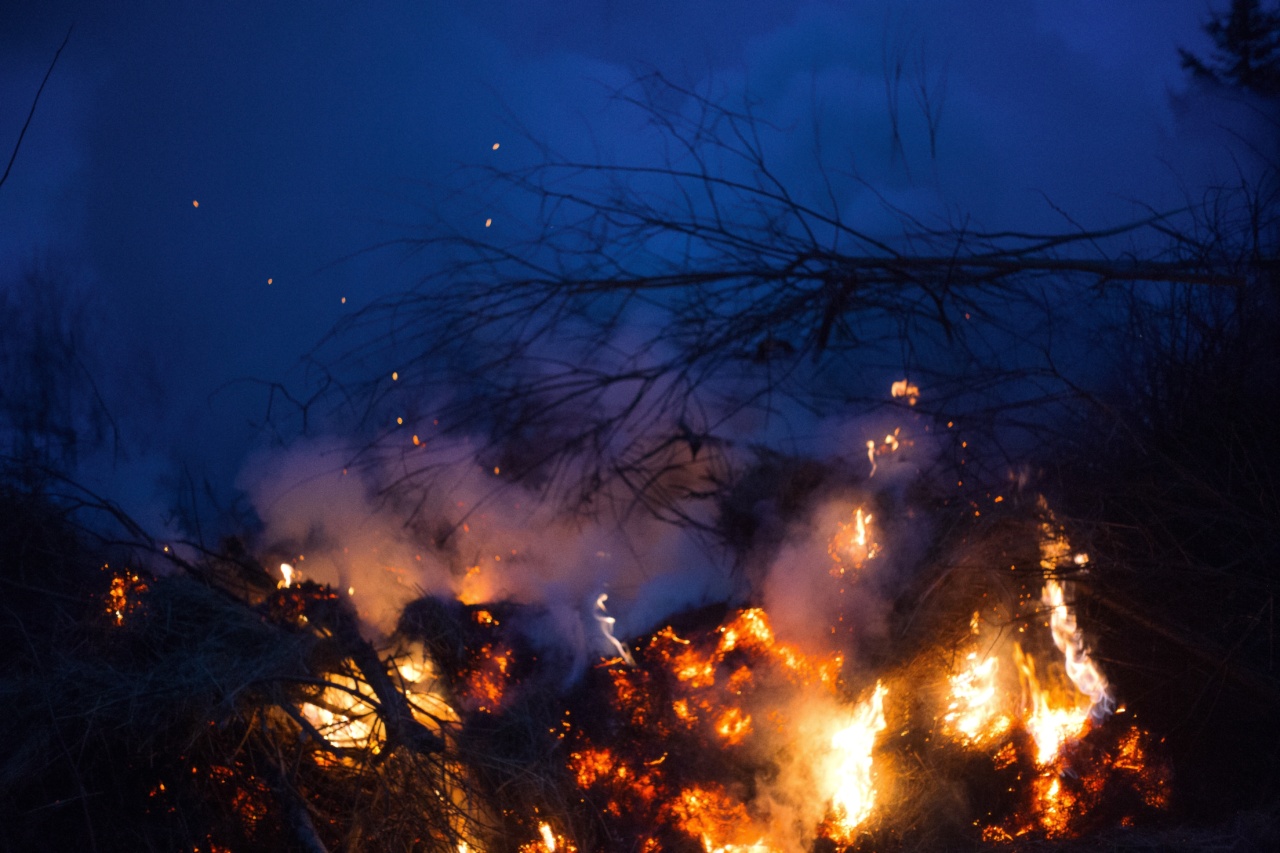Living in an unpredictable world means that we must always be prepared for unforeseen events.
Fires and natural disasters can cause extensive damage to properties, leaving homeowners and businesses grappling with the financial burden of repairs and replacements. Having insurance coverage that adequately protects against these risks is essential.
In this article, we will explore the importance of being covered for damage caused by fires and natural disasters, the types of insurance policies available, and how they can protect you and your property.
The Importance of Insurance Coverage for Fire Damage
Fires can occur at any time and have the potential to cause significant damage to homes, businesses, and personal belongings.
Without adequate insurance coverage, individuals have to bear the full cost of repairs, rebuilding, and replacing lost or damaged items. Insurance coverage for fire damage can provide financial relief and security in such unfortunate circumstances.
Types of Insurance Coverage for Fire Damage
When it comes to protecting against fire damage, there are different types of insurance coverage to consider:.
1. Homeowners Insurance
Homeowners insurance typically covers fire damage to both the structure of the home and the contents within. It provides financial compensation for repairs or rebuilding costs, as well as replacing damaged or destroyed belongings.
However, it’s important to review the policy carefully to ensure it offers adequate coverage for fire damage, including coverage for temporary living expenses while your home is being repaired.
2. Renters Insurance
Renters insurance is designed to protect tenants and their belongings in the event of fire damage. While the landlord’s insurance may cover the structure itself, it usually does not extend to cover the tenant’s personal property.
Renters insurance can provide compensation for damaged or destroyed items, as well as additional living expenses if the rented property becomes uninhabitable due to fire damage.
3. Commercial Property Insurance
Businesses also need insurance coverage against fire damage. Commercial property insurance can protect a company’s physical assets, such as buildings, inventory, equipment, and furniture.
It helps cover the costs of repairs, rebuilding, and replacing damaged or lost property. Additionally, this type of insurance often includes coverage for business interruption, providing compensation for lost income and ongoing expenses during the period of recovery.
The Importance of Insurance Coverage for Natural Disasters
Natural disasters, ranging from hurricanes and tornadoes to earthquakes and floods, can wreak havoc on properties, causing extensive damage and posing significant financial challenges.
Insurance coverage for natural disasters is vital to safeguard against these risks and ensure a timely recovery.
Types of Insurance Coverage for Natural Disasters
Here are some types of insurance coverage that can protect against natural disasters:.
1. Homeowners Insurance
Depending on the location, homeowners insurance policies may include coverage for certain types of natural disasters. However, it’s crucial to understand what exactly is covered and what is not.
Common natural disasters covered by homeowners insurance include windstorms, hailstorms, and some types of flooding. It’s important to note that coverage for earthquakes, hurricanes, and floods may require separate policies or additional endorsements.
2. Earthquake Insurance
For individuals residing in earthquake-prone regions, earthquake insurance provides essential coverage. Standard homeowners insurance policies typically exclude earthquake damage.
Earthquake insurance helps cover the cost of repairs or rebuilding due to seismic activity, protecting both the structure and contents of your home.
3. Flood Insurance
Most homeowners insurance policies do not cover flood damage, especially if the cause is related to external bodies of water or heavy rainfall. Flood insurance is important for individuals living in flood-prone areas or near bodies of water.
It can cover both the structural damage and the loss of personal belongings due to flooding.
Additional Considerations
When reviewing your insurance coverage for fire damage and natural disasters, there are several important factors to consider:.
1. Reviewing Policy Limits
Ensure that the coverage limits provided by your insurance policy are sufficient to cover the cost of repairs, rebuilding, and replacing lost or damaged items.
Revisit your policy annually and adjust the limits if necessary to account for changes in property value or inflation.
2. Understanding Exclusions
Take the time to understand any exclusions or limitations within your insurance policy. Some policies may exclude certain types of fire damage or natural disasters, or impose specific conditions that need to be met for coverage to apply.
Understanding these details can help you make informed decisions about your insurance coverage needs.
3. Deductibles and Premiums
Consider the deductibles and premiums associated with your insurance policies. A deductible is the amount you need to pay out of pocket before the insurance coverage kicks in.
Higher deductibles usually result in lower premiums, but it’s essential to strike a balance between affordability and the level of financial protection you require.
Conclusion
Insurance coverage for damage caused by fires and natural disasters plays a crucial role in protecting individuals, families, and businesses from the financial burdens associated with such events.
Whether it’s fire damage or natural disasters like hurricanes or earthquakes, having the right insurance policies in place can provide peace of mind and ensure a swift recovery. It’s important to carefully review your insurance policies, understand the coverage provided, and adjust it as necessary to ensure you remain adequately protected.























